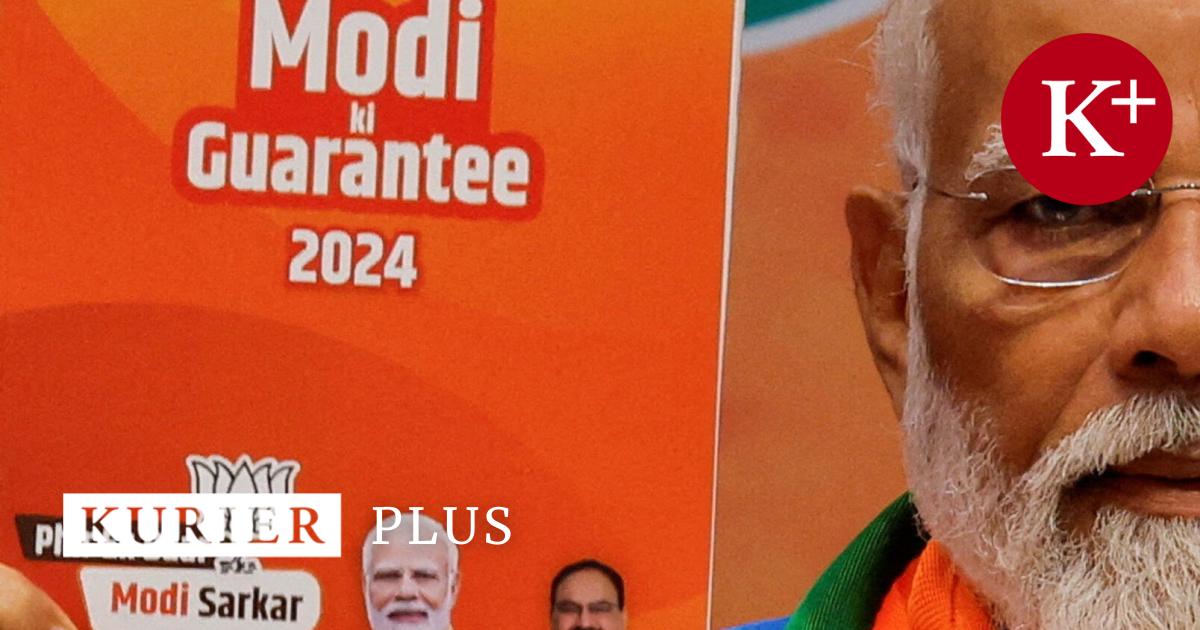On the one hand, his PR machine is working. But it also has a good summary of economic modernization and progress in the last ten years – under Modi, for example, with the “Make in India” initiative, there has been more internal production.
His persona also has a certain appeal: he doesn't come from a wealthy caste or dynasty, and he didn't attend a fancy university abroad like other politicians. His parents were simple tea traders, Modi himself retreated to the Himalayas for years to meditate, become a social worker and live as an ascetic.
What about the opposition? Recently Arvind Kejriwal, head of the Delhi state government and founder of the AAP party (along with the Congress party, the most important party in the grand alliance opposing Modi's BJP) was arrested – could this be politically motivated?
The opposition in recent years has not been completely characterized by strength, unity or will to power. To Kejriwal: I believe the justice system in India is fair.
Western interest in India has increased rapidly in recent years. In your opinion, are European politicians and diplomats doing the right thing in strengthening ties with New Delhi?
The West must stop viewing India with condescension. Almost all countries in Europe have a glorious colonial past. We have not embraced the values we carried around the world like a monstrance. All this has caused Indians to say: Wait a minute, we know how to run elections.
We all need to care more about India. In this polarized world, hardly any other country can play such a good role as mediator. India has good relations with Israel, Palestine, Russia, Ukraine, United States. And they want to reduce tensions to ensure as much prosperity as possible.
Does Modi really want to ease tensions? Many experts accused him of using Hindu nationalist rhetoric to stir up hatred against minority groups in the country – Muslims, for example. India still has a border conflict in the Himalayas with Pakistan.
In Pakistan it is said that India wants to provoke. India said it was stopping terrorists from Pakistan from carrying out attacks in the Kashmir border region. This border is very fragile, but we try at least not to turn it into a heated conflict.
The subtitle of your book is: “What we must learn from India before it is too late.”
Many. Digitalization, for example, has been more unfortunate in parts of Europe than in India. We are less willing to take risks when it comes to innovation. And we must learn that the world is bigger than Europe.

“Subtly charming web junkie. Unapologetic bacon lover. Introvert. Typical foodaholic. Twitter specialist. Professional travel fanatic.”







